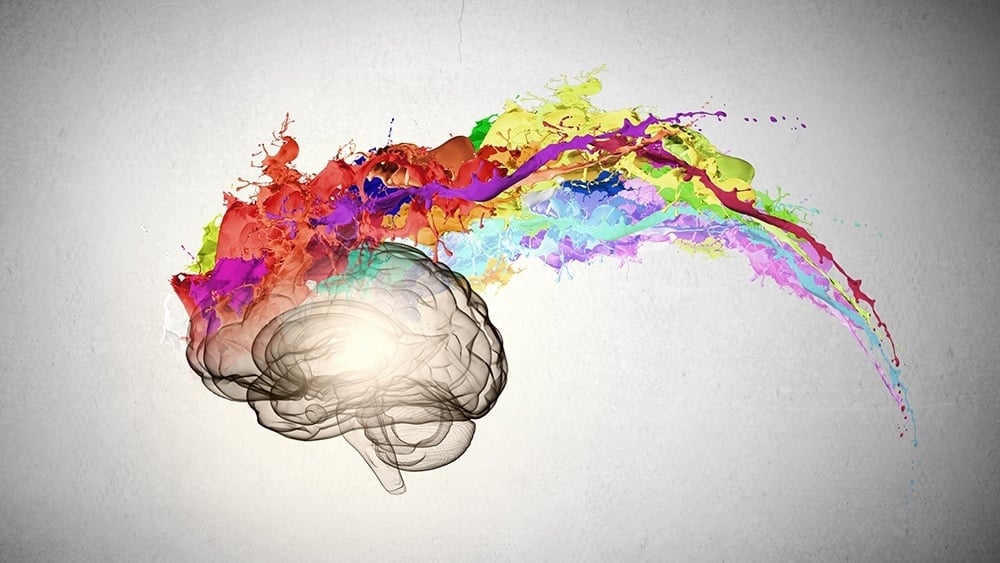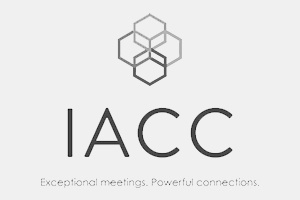Emotional intelligence will be the sixth most important skill employees will need to thrive in the workplace by 2020, according to the World Economic Forum. Here’s why.
Emotional intelligence – sometimes referred to as EI or EQ (Emotional Quotient) – is about a person’s ability to understand the effect of emotions in people and situations, and a capability to respond appropriately.
In the workplace, emotional intelligence translates into managers and leaders being able to genuinely demonstrate a commitment to the personal wellbeing of their team. It’s builds on the idea that wellbeing is a crucial element in the workplace, with the most successful managers and leaders demonstrating emotional intelligence through the core characteristics of self-awareness, self-regulation, motivation, empathy and social skills.
Emotional intelligence isn’t just a ‘nice to have’ characteristic in leaders. A number of studies point to it being a key factor in business success and profitability. A study by the Australian School of Business found the qualities of empathy and compassion in leaders had the strongest influence on business productivity. Studies also show that emotional intelligence is the workplace skill that is the strongest predictor of an employee’s likelihood to perform well and succeed at their job (TalentSmart).
Here’s why emotional intelligence is so important in the workplace:
Motivation

Evidence shows that individuals with higher levels of emotional intelligence are better able to motivate themselves and their teams. Emotionally intelligent managers and leaders naturally establish behaviours within teams and among colleagues that include prioritising staff wellbeing. This helps other individuals learn how to become more emotionally intelligent too.
Wellbeing

When managers and leaders demonstrate their people are as important personally as they are professionally, this is a clear sign to employees they are valued. This improves the mental and physical wellbeing of staff, reducing stress, uncertainty and the likelihood of conflicts.
Robust Leaders

The specific characteristics of emotionally intelligent leaders are all qualities that create robust and reliable decision-makers in a business. These include the ability to handle pressure, work as part of a diverse team and make astute, well thought through decisions. Adding in empathy and the ability to receive feedback without taking it as criticism means organisations have reliable leaders and managers that everyone trusts.
Competitive Business Presence

Organisations are starting to catch on to the fact that having an emotionally intelligent workforce doesn’t just make the work environment more pleasant for employees – it has a direct impact on business success too. Individuals who are well supported, spoken to in a way they find amenable and led by people who are empathetic, sincere and dependable are bound to perform better. In turn, businesses with emotionally intelligent leaders and decision-makers enjoy higher productivity, profitability and market share.
How to Improve Emotional Intelligence at Work
Emotional intelligence may come easier to some than others, but it is possible to improve. Here are some tips on how to become more emotionally intelligent at work.
- Notice how you feel - The first step to achieving a higher level of emotional intelligence around others is being aware of your own thoughts and feelings. Try to find at least 15 minutes each day to reflect on how you feel – both in general life and at work.
- Observe your team - Take some time to pay attention to your colleagues and notice how they’re feeling. Observing their behaviour and how they seem to be feeling will provide insights into pressure points in their work and personal lives, and areas where you could be communicating with them better.
- Be aware of your behaviour - As you become more self-aware and aware of others, look at your own behaviour and reactions to situations at work. Notice when people react well or badly to your various behaviours. You’ll gradually start to see which of your communication styles have the most positive impact on people.
- Take responsibility - Admitting when you’re wrong or could have made a better decision will help gain your colleagues’ trust and loyalty. Showing you’re only human ultimately builds positive relationships.
- Say ‘thank you’ - Remember to say thank you to colleagues and team members when they’ve done a good job. It’ll go a long way to winning their trust if they can see you really mean it.
Reading people and situations, responding to others in a befitting way and ensuring employees feel personally and professionally looked after are key elements of emotional intelligence. In ever-changing workplaces and business landscapes, having emotionally intelligent people at the core is a solid way to foster business success.






